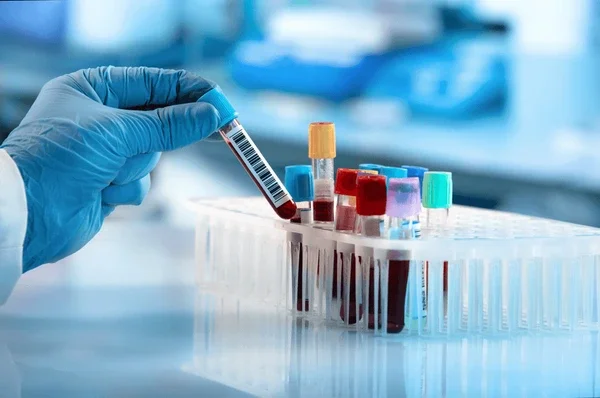IgG Test
IgG testing for food sensitivities provides insight into how your body may be reacting to certain foods over time. Unlike a standard allergy test, which identifies immediate immune reactions, IgG tests measure delayed responses and can reveal foods that might be contributing to digestive discomfort, inflammation, or other subtle symptoms. When interpreted alongside your symptoms, diet, and lifestyle, these results can help guide personalized adjustments to support digestion, reduce inflammation, and improve overall wellness.
At the same time, it is important to be transparent: some health professionals caution that IgG antibodies can simply reflect exposure to foods rather than intolerance. Eliminating foods based solely on IgG results without professional guidance can lead to unnecessary restrictions or nutritional gaps.
From a holistic perspective, IgG testing is most useful when used as one piece of the puzzle. It provides deeper insights into potential patterns in your body, but decisions should be made thoughtfully, considering your overall health, nutrition, and lifestyle. This approach allows you to use the information responsibly and effectively to support your body’s balance and well-being.
To request this lab please fill out the form below. Within 24 hours you will receive a formal estimated cost and further instructions.
Details
Immunoglobulin G (IgG) is a class of human antibodies, normally activated to fight parasitic infections. In food-sensitive individuals, these IgE antibodies are misdirected to mistake common foods for harmful antigens. This comprehensive test measures IgG antibodies to over 250 food allergens in just a few drops of blood, making it one of the most extensive and easy-to-use functional tests of its kind. The Food Explorer panel results will help you personalize diet and lifestyle guidance while reducing and eliminating symptoms related to adverse food reactions.
The IgG Food Explorer by Diagnostic Solutions Laboratory is an Elisa-based multiplex food sensitivity test measuring total IgG antibodies to a plethora of foods. IgG Food Explorer evaluates over 250 food antigens using a simple at-home collection. Results help practitioners personalize diet and lifestyle guidance for their patients to reduce and eliminate symptoms related to adverse food reactions.
Why Test for Food Sensitivities?
Elevated IgG antibodies can promote systemic (whole-body) inflammation, leading to a variety of unwanted symptoms. IgG Food Explorer tests immunoglobulin (IgG) antibodies to a variety of common foods. This extensive food sensitivity test can help practitioners pinpoint which foods may be driving symptoms and best prioritize and individualize a diet and lifestyle plan for patients. Usually, eliminating foods that promote an IgG antibody response can reduce stress on the immune system, lower whole-body inflammation, and help heal the gut. An antibody-guided elimination diet is more reliable and preferable than generalized diet plans or exclusion diets based on food journaling and diet history alone. IgG Food Explorer provides in-depth insight into adverse food reactions and the symptoms they create. IgG Food Explorer Tests Antibody Response to Over 250* Food Extracts. Molecular antigens for wheat gliadin and cow's milk are also included for enhanced insight into the sensitivity of those two potentially immunogenic foods.
What Patients Can Benefit from Food Sensitivity Testing?
Food sensitivities are common and on the rise. As a result, most people can benefit from food sensitivity testing. The IgG Food Explorer can help patients who wish to optimize their health and those who have experienced chronic symptoms for years. The range of symptoms related to food sensitivities is vast and varies for each patient.
What type of sample is required for this test?
Finger Stick.
Estimated days for results: Results should arrive 7 - 14 business days after the lab receives samples.
Test Resources https://education.questdiagnostics.com/faq/FAQ199
*These statements have not been evaluated by the Food and Drug Administration. These products are not intended to diagnose, treat, cure, or prevent any disease.
Description via Fullscript.com

